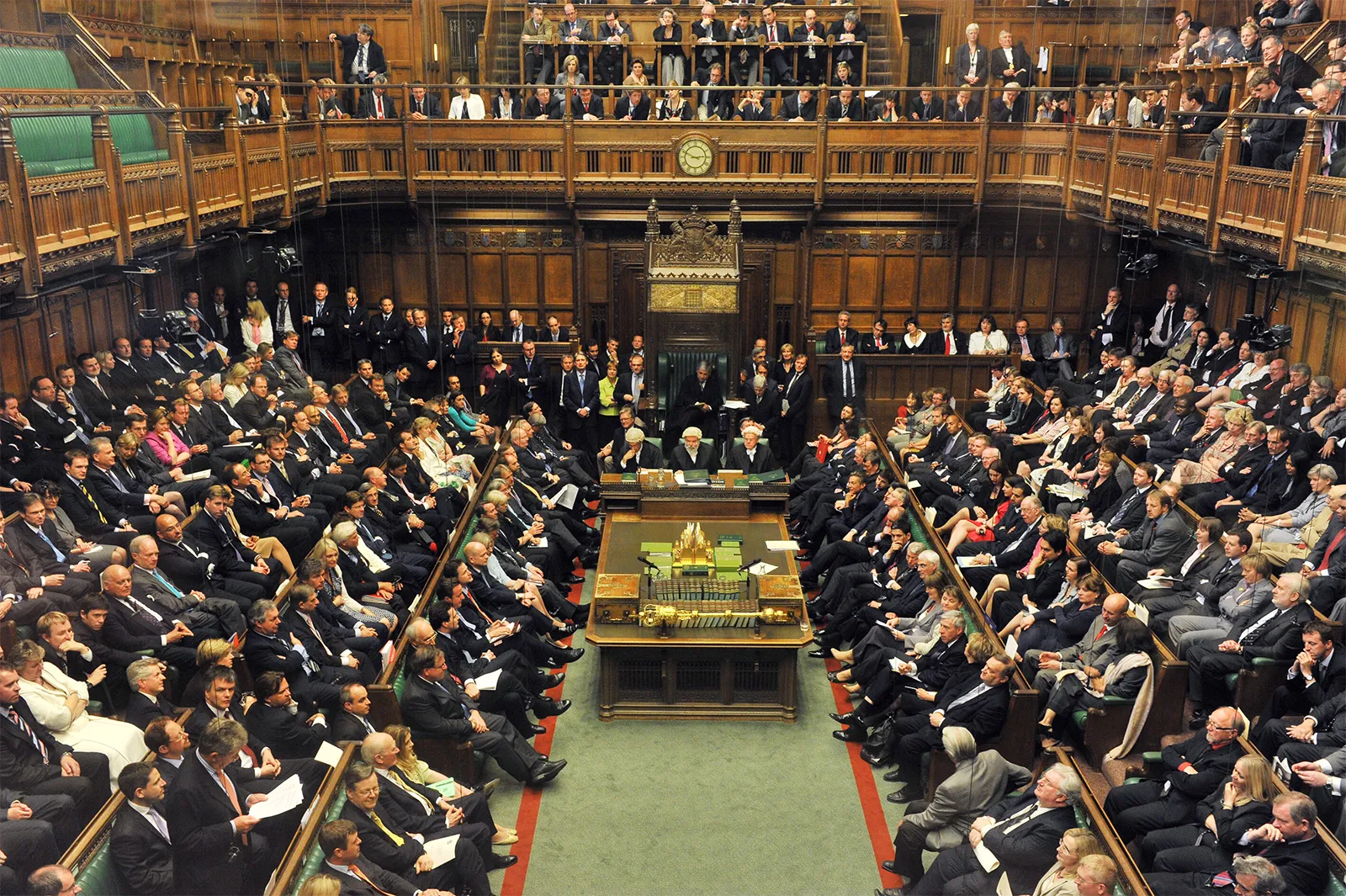For those unfamiliar, foie gras is most often manufactured by putting a tube down a duck or goose’s throat and force-feeding them until their liver swells. It is then cut out and sold.
When you buy meat in the UK, that meat will have to have been produced and prepared according to standards that ensure the animal did not suffer cruel or barbaric practices; this should be the same with foie gras. No animal deserves the treatment that these birds endure to produce foie gras
Many UK businesses have chosen to withdraw or refuse to sell foie gras – Fortnum and Masons’ hit headlines for doing so back in 2021. This is commendable, and I hope that other businesses join the growing movement to take it off the shelves going forward. However, by refusing to ban foie gras across the board, we have created a situation whereby retailers are able to profit off the misery of the animals involved by choosing to sell it. Worse still, retailers who have chosen not to sell foie gras are effectively penalised for doing so, by denying themselves the profit they would have otherwise made on the product – profit which will instead go to competitors of theirs who are still selling foie gras.
The reasons for a ban are straightforward but are also practical. Yes, the process by which foie gras is inhumane and no animal should have to suffer it, but there is also concerns about public health. Avian flu is increasingly becoming an issue for bird farmers at farms across the world. The conditions that ducks and geese used for foie gras are often kept in are breeding grounds for disease, and we have seen a number of outbreaks at French foie gras farms. It is not inconceivable for this disease to spread to the UK, nor is it implausible that avian flu could transfer zoonotically to humans – as we saw with the Covid-19 pandemic – and have a significant public health impact.
This is low hanging fruit for the Government to address. Particularly during a cost of living crisis, a ban on a luxury item that is produced in a cruel manner is hardly going to be an unpopular or unwelcome move. If I were to stand on the high street in my constituency and ask people how many of them had even ever had foie gras, I have quite a clear picture in my head of what the response would be.
To this end I am proud to be supporting Animal Equality UK, and the work of Abigail Penny, a constituent of mine at the organisation who has been working so hard on this matter. Their petition calling on the Government to ban foie gras got over 200,000 signatures, and it’s very clear that the public feel strongly about this issue. I share the strength of their feeling and urge the Government to grasp the initiative and ban the import and sale of this barbaric food.
As the Chairman of the All Party Parliamentary Group for Animal Welfare I am astounded that the import and sale of inhumane foie gras continues. We know that cruelty free methods exist, such as Eduardo Sousa in Spain who has managed a system whereby the geese naturally gorge themselves. No force-feeding, no cages, just free range birds that are reared in accordance with the laws and regulations that exist to ensure quality of life for animals. It is simply unnecessary in this day and age to continue with using the “standard” methods for producing foie gras, and immoral that the Government continues to allow cruelty foods to be sold in the UK.
I hope that this debate brings attention to what an important and overdue issue the importation of foie gras is. Animals are suffering unnecessarily and we have the opportunity to meaningfully improve the quality of their life with a simple change. Hopefully my ministerial colleagues and Members across the House will agree and push for change.
By failing to ban foie gras retailers are profiting from the misery of the animals – we must act now to stop this, writes Giles Watling MP

Giles Watling MP
Giles Watling MP has been the Member of Parliament for Clacton since 2017. An actor by profession, Giles has featured on screen and on stage as part of a career spanning 5 decades, before fighting to represent his constituents on the greatest stage of all – Parliament.
